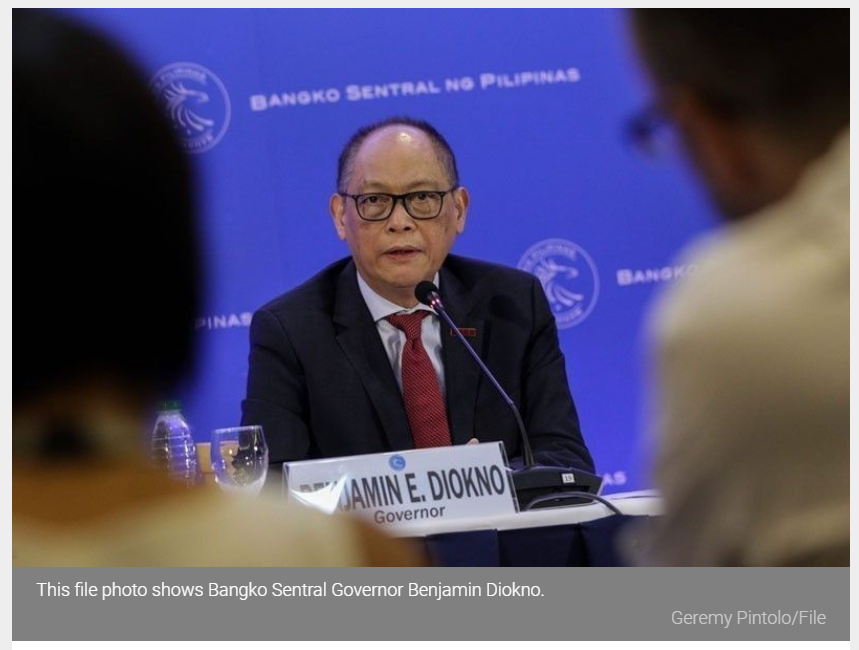Philippines: Banks put under stress test as COVID-19 lingers
MANILA, Philippines — The central bank has conducted a stress test on banks to assess their capacity to take in heavy losses during the coronavirus disease-2019 (COVID-19) outbreak and community lockdowns that disrupted their business.
“We are looking at the impact of the coronavirus pandemic on the bank industry,” central bank Governor Benjamin Diokno told Philstar.com in a text message. Results of the stress tests will be released Friday.
In evaluating banks’ health, Deputy Governor Chuchi Fonacier said the Bangko Sentral ng Pilipinas (BSP) assessed how local lenders would fare supposing there are “20%, 50%” of their loans “turning sour” or unpaid for at least 30 days past due, or at worst-case, had to be written off their books.
That scenario was tested across different industries banks are exposed to, whether separately or simultaneously. “We also examined what’s the impact of that to their CAR (capital adequacy ratio),” Fonacier said in a separate text message.
Offhand, Diokno said the BSP knows that “the industry is sound and capitalized.” He declined to go into specifics, but data showed the average CAR of the entire banking system stood at 12.87% as of February, higher than the 10% minimum requirement.
Apart from closing some of their branches, lenders were also forced to extend due dates by 30 days for loans during the lockdown of Luzon that started March 17. When Republic Act No. 11469 was enacted, payment terms were extended anew, and would continue to be lengthened while the enhanced community quarantine of the island is in place.
The borrower relief is also applicable nationwide, not only in Luzon, all while demand for cash is rising with people trying to stay liquid while encouraged to stay indoors. The result is a devastating impact on banks’ sources of liquidity which global debt watchers have already projected.
While BSP has repeatedly said that the country’s lenders are financially healthy, regulators put banks under stress tests to reenact how they would fare at times of extreme duress. This monetary policy tool has become more useful after the global financial crisis of 2008 which flipped over the world’s biggest banks.
BPI net income down nearly 5%
Already, some banks are projecting higher losses from unpaid loans due to the outbreak. “COVID-19 pandemic ushers in a difficult period for consumers and businesses that could lead to potentially higher NPLs,” Ayala-led Bank of the Philippine Islands (BPI) said in a statement.
As of March, BPI, the country’s fourth largest lender in asset terms, said only 1.82% of its loan portfolio were considered non-performing, while resources to cover potential losses were equivalent to 109.2% of bad loans.
That said, BPI posted a net income of P6.39 billion in the first three months, 4.9% down from P6.72 billion same period a year ago, the company said.
“Based on signs that we are seeing in terms of our loan book and our deposit book, we have very good reason to believe that the second quarter earnings will hold up reasonably well even if there is slowdown in economic activity,” said Marie Josephine Ocampo, BPI’s head of mass retail in a briefing.
Source: https://www.philstar.com/business/2020/04/23/2009310/banks-put-under-stress-test-covid-19-lingers


 Thailand
Thailand




